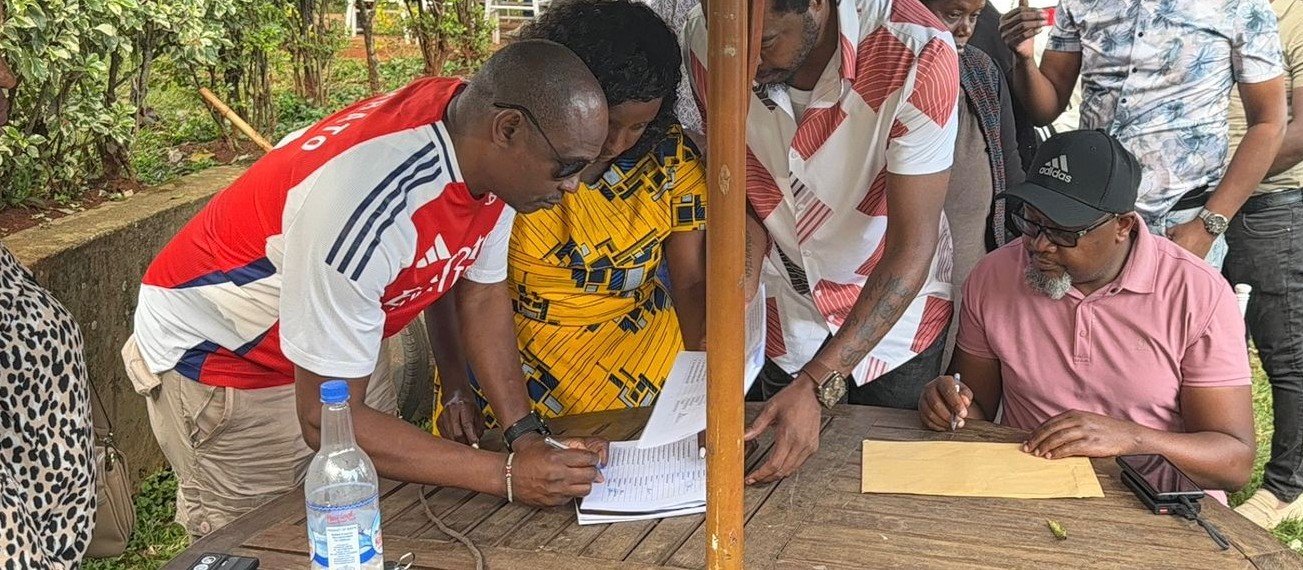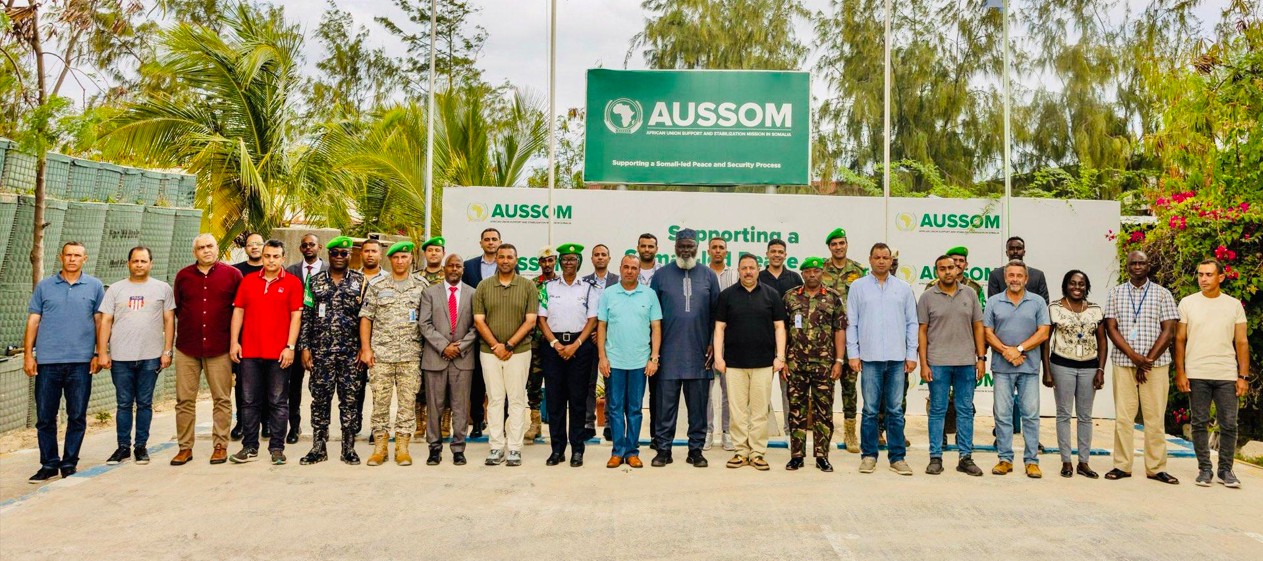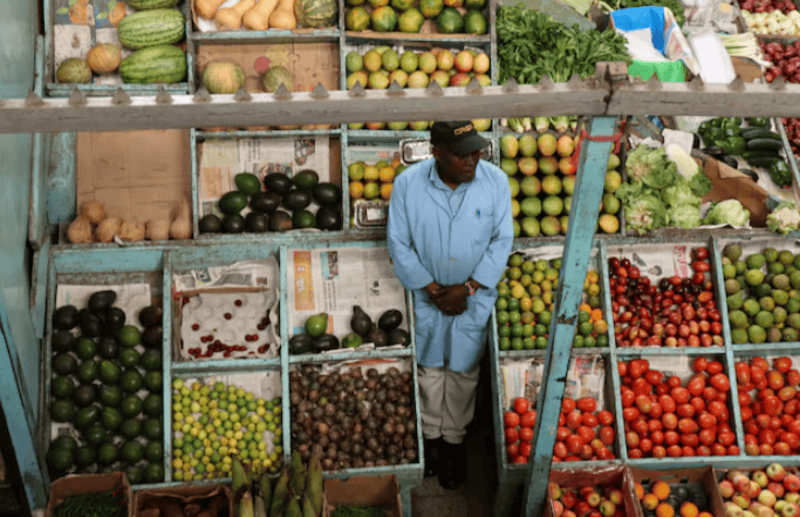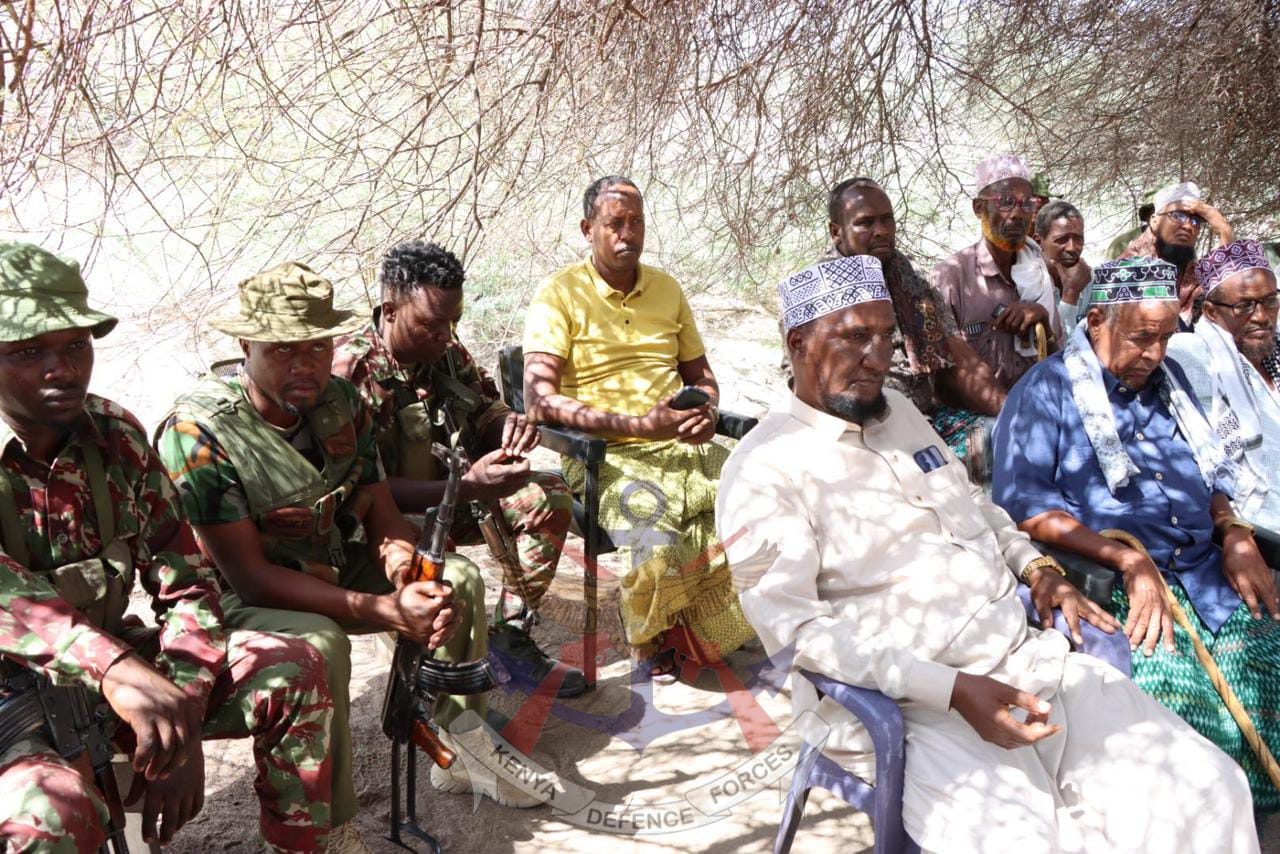Amnesty urges action as report exposes abuse of Kenyan domestic workers in Saudi Arabia

Recruitment agencies commonly mislead them about the nature of the jobs, only for them to arrive in Saudi Arabia to a far grimmer reality.
A new report by Amnesty International has uncovered widespread abuse and exploitation faced by Kenyan domestic workers in Saudi Arabia, prompting calls for urgent reforms from both the Kenyan and Saudi governments.
The report, titled “Locked In, Left Out: The Hidden Lives of Kenyan Domestic Workers in Saudi Arabia”, documents at least nine distinct forms of abuse experienced by Kenyan women working in Saudi households.
More To Read
- Amnesty backs Irungu Houghton's appointment to protest victims’ compensation panel
- 5,000 Kenyan Muslims to take part in 2026 Hajj pilgrimage
- Amnesty accuses Israel of intentionally starving Gaza population
- Maina Kiai appointed chairperson of KHRC board of directors
- MPs demand list of authorised job agencies after Kazi Majuu complaints
- Sudan’s rebel force has declared a parallel government: What this means for the war
Many of these women were driven by poverty and the hope of a better future for their families, but found themselves trapped in dire conditions that Amnesty says often amount to forced labour.
According to the report, the abuse begins even before the women leave Kenya.
Recruitment agencies commonly mislead them about the nature of the jobs, only for them to arrive in Saudi Arabia to a far grimmer reality.
"On arrival in Saudi Arabia, a grim reality hit. The women were often obliged to do far more onerous work for lower pay than promised. Some were misled about the size of the private home, the number of family members and the working conditions," the report reads.
Some are made to work in multiple households for up to 18 hours a day, contrary to what they had been promised. Others were told they would be employed as teachers, only to end up as housemaids performing demanding and hazardous tasks, such as cleaning high windows or handling toxic chemicals, without protective equipment.
The report also highlights that nearly all the women interviewed were confined to their employers’ homes and denied basic freedoms. Most were not allowed to leave unless accompanied, and some were locked in for days with barely any food.
Employers often confiscated their phones or restricted internet access, further deepening their isolation. Many worked at least 16 hours a day without rest, even when ill, and were only offered painkillers instead of medical attention.
"This extreme isolation was often exacerbated by their employer confiscating their phone or limiting their access to the internet, sometimes in retaliation for complaining about working or living conditions."
Despite the heavy workload, the average pay for these women was only SAR 900 (approximately Sh30,961) per month, equivalent to just Sh69 per hour.
Wage theft was also rampant, with employers delaying, deducting, or withholding salaries.
In more extreme cases, women reported being physically assaulted, spat at, slapped, or beaten by employers or their children. Others faced sexual harassment and, in some cases, rape by male household members.
Living conditions were often inhumane.
The women said they were denied adequate food and were forced to sleep on the floor or thin mattresses in overheated, poorly ventilated rooms. Many were subjected to racist and demeaning treatment, including being made to use separate utensils and enduring derogatory comments about their skin colour and hygiene.
In light of these findings, Amnesty International is urging the Kenyan government to take immediate action.
The organisation has called for the publication of the most recent bilateral labour agreement between Kenya and Saudi Arabia and a detailed account of steps taken to enforce it. The agreement, Amnesty insists, must be rights-based and include guarantees on fair recruitment, safe working conditions, timely wage payment, and access to justice.
Amnesty further recommends that Kenya ratify key international treaties, including the International Convention on the Protection of the Rights of All Migrant Workers and Members of Their Families, and ILO Convention 189 on Domestic Workers.
To provide better protection and support, the report proposes:
•Establishing kiosks at airports staffed with trained personnel to educate workers on their rights and detect early signs of abuse.\
•Accrediting community groups to support workers in remote areas.
•Opening more Kenyan consular offices in Saudi Arabia beyond the main embassy to improve access to services.
•Gaining greater access to Saudi’s Musaned platform to monitor the recruitment process and enable workers to submit complaints.
•Operationalising the Kenyan Migrant Workers Welfare Fund to provide emergency support to workers in distress.
•Cracking down on rogue recruitment agencies in Kenya with strict penalties.
•Ensuring access to legal aid, translation services, and remote justice platforms for all migrant workers, regardless of status.
Top Stories Today












































